The proper term for someone from Afghanistan is “Afghan”. This is not to be confused with “Afghani”, which refers to the national currency. Sometimes this term is used as the word for people from Afghanistan, but this is considered to be improper or even incorrect.
So, the only word you’ll ever need to refer to someone from Afghanistan is “Afghan”.
There is no need to use any other term.
While some Afghans may not take any issue with being referred to as an Afghani, this is certainly not the standard and you can expect to eventually be corrected.
Let’s find out more.
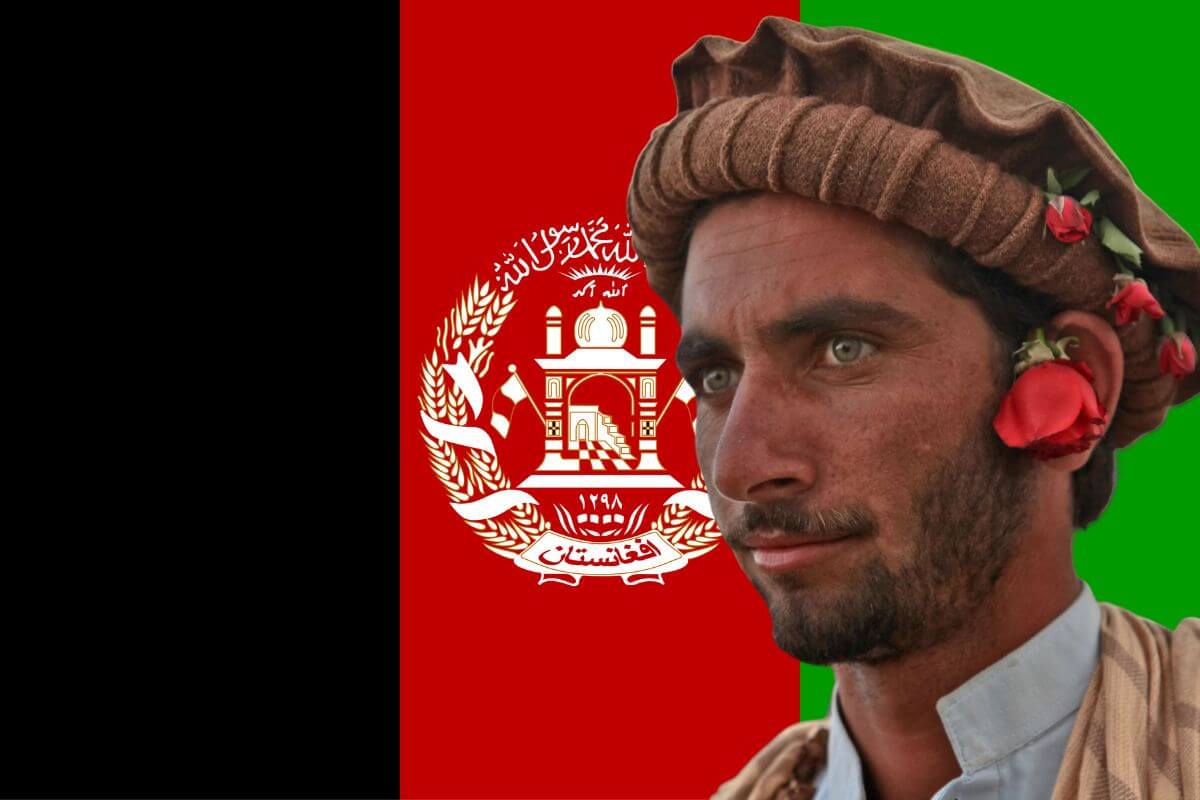
What do you call people from Afghanistan?
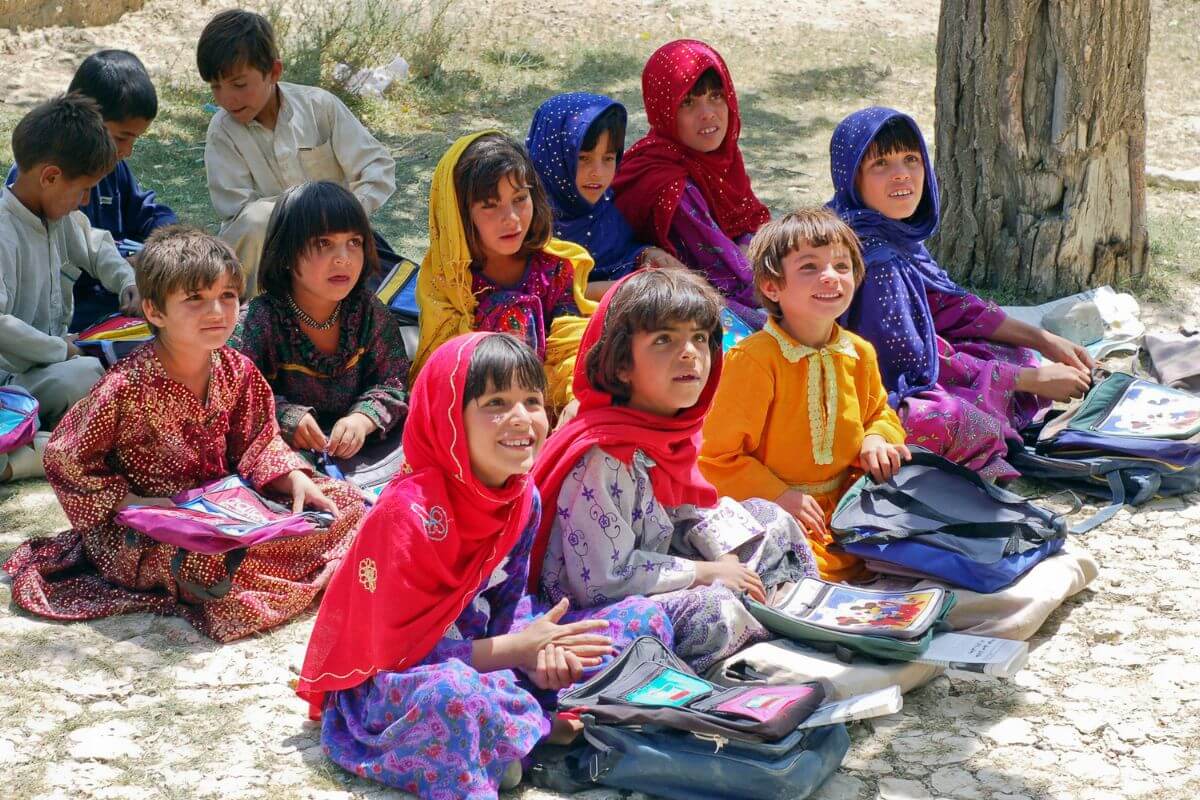
People from Afghanistan are simply called Afghans.
Afghanistan is home to a great range of ethnicities and disparate cultures, yet for the most part, they will all think of themselves as Afghans.
That said, there are some internal tensions between different ethnic identities in Afghanistan.
To be an Afghan means you are, legally speaking, an Afghan citizen.
However, the term itself has most closely been associated with the Pashtun people, as historically these were the people of Afghanistan.
Today, though, there are people native to Afghanistan who take issue with the blanket use of the term “Afghan”.
For example, there are a large number of Tajik, Hazara, and Uzbek people living in Afghanistan, some of whom have felt the term “Afghan” is used rather to erase the ethnic identity of other groups and to assimilate them into the Pashtun ethnicity.
Afghanistan is a highly ethnically diverse nation, then, and so it can become a little bit murkier when you take the population as a whole.
Many people might be Afghan citizens, born and raised there, but who find the term “Afghan” does not properly encompass their ethnic identity.
For your purposes, though, this shouldn’t really be a problem—just address someone as they wish to be addressed!
In any case, the term “Afghani” is generally not considered to be the correct term for someone from Afghanistan.
The nation’s currency is the Afghani, not its people.
Some do continue to use this term, but it is generally not regarded as being proper.
Whether it will cause outright offense if used is a question of the particular person who hears it, but you are best to just avoid it at all.
Still further from the correct term is the rarely used “Afghanistani”, which you definitely want to avoid using.
Where do Afghans live?
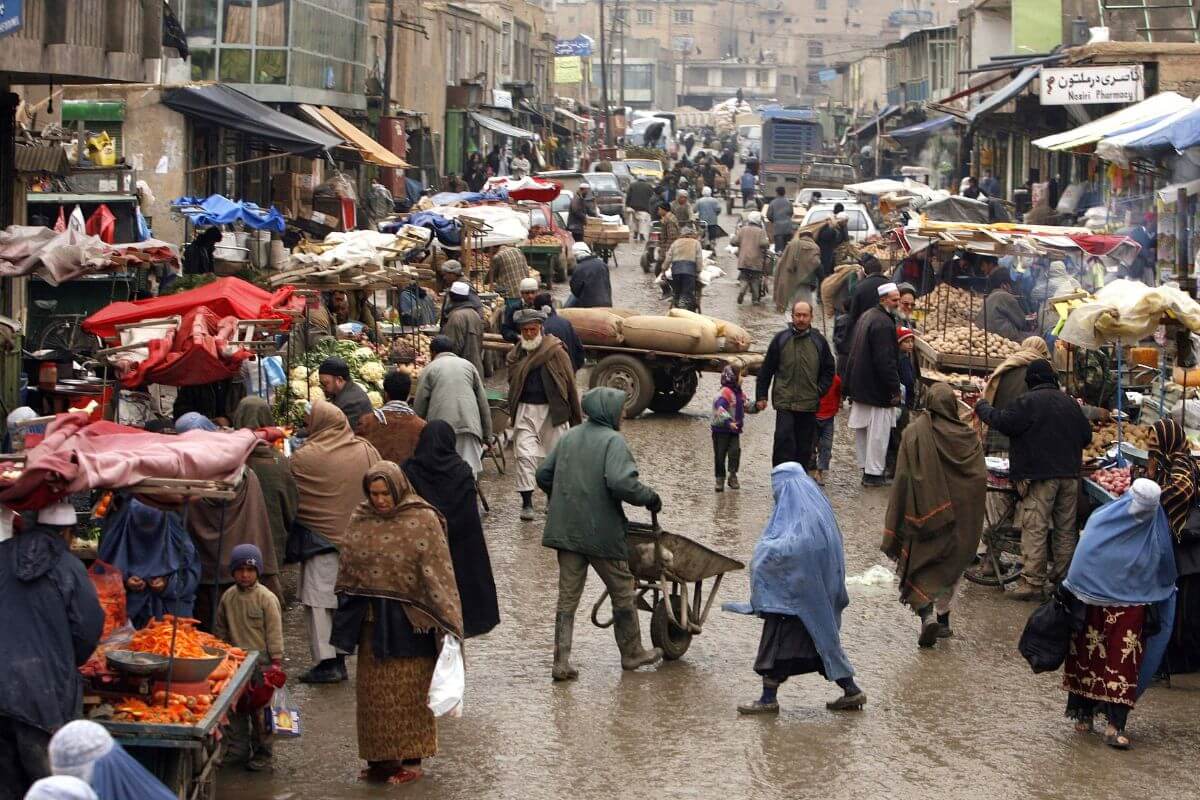
Afghans are spread far and wide across the world in large populations, though the natural answer to this question may simply seem to be in Afghanistan.
Firstly, the population of Afghanistan itself is around 40 million.
Of that 40 million, around 40-50% is made up of the aforementioned Pashtun people, who historically have been considered Afghans.
However, the population is also around 21% Tajik/Qizilbash, 25% Hazara/Sayyid, and a number of other minority ethnic populations including Uzbek, Aimak, and Baloch.
In terms of their legal citizenship, all of these people would be Afghans, though they may not feel this to be the best descriptor of their ethnic identity.
Outside of Afghanistan, you can find large populations of Afghan people living in many other nations.
The highest population of Afghans found outside Afghanistan is in Iran, where there are around 3 million ethnic Afghans living in the country.
Next is in Pakistan, where there are around 1.2 million Afghans.
There are then large Afghan populations living in many other parts of the world, like the United States, the UAE, Russia, Turkey, Canada and the U.K.
There are an estimated 6 million Afghans living outside of Afghanistan in one place or another across the world. Historic war and upheaval has meant many successive, large scale migrations out of Afghanistan.
How do you address an Afghan?
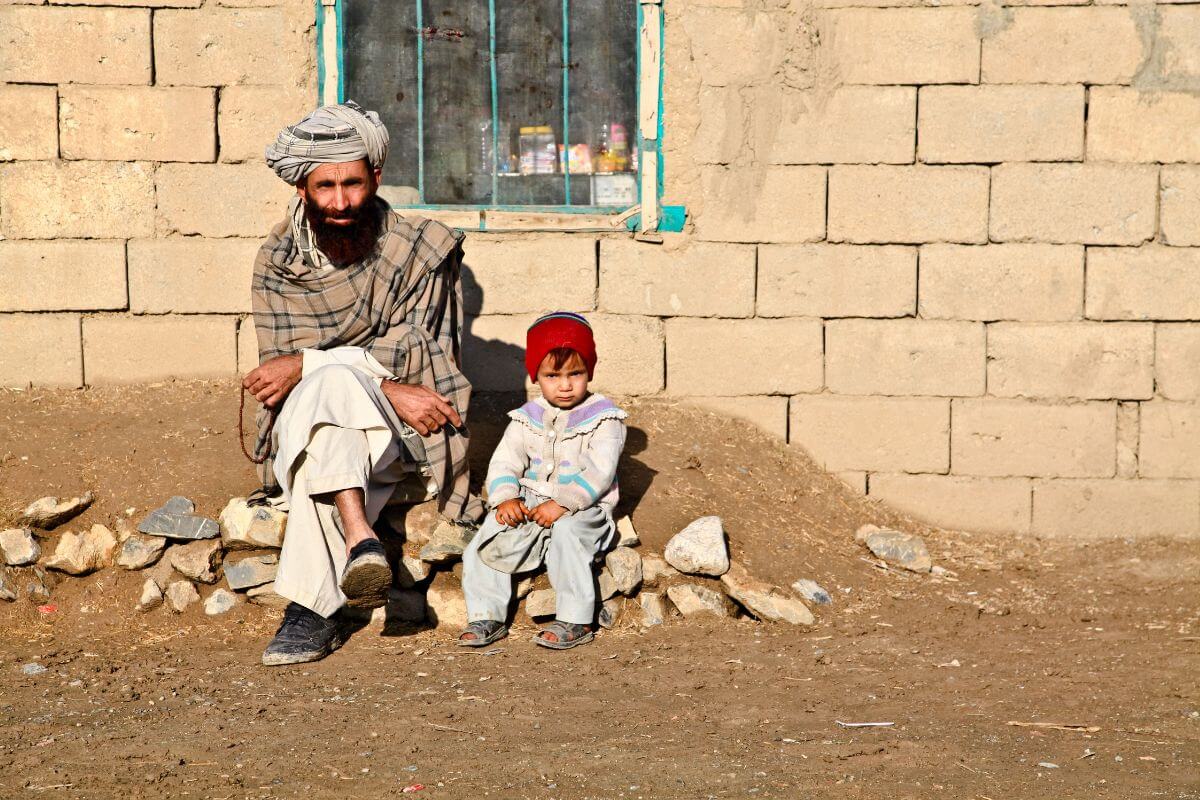
Addressing an Afghan person largely follows the same conventions you would find in English-speaking cultures.
The best rule of thumb is just to use someone’s title and surname unless you’ve been given permission to use their first name.
You may wish to use the term “sahib” to address a man, but it all depends on whether you are speaking English with them or not—if so, you can simply use English terms like “Mr” or titles like “Dr”.
The same is true for women.
What do Afghans call Afghanistan?
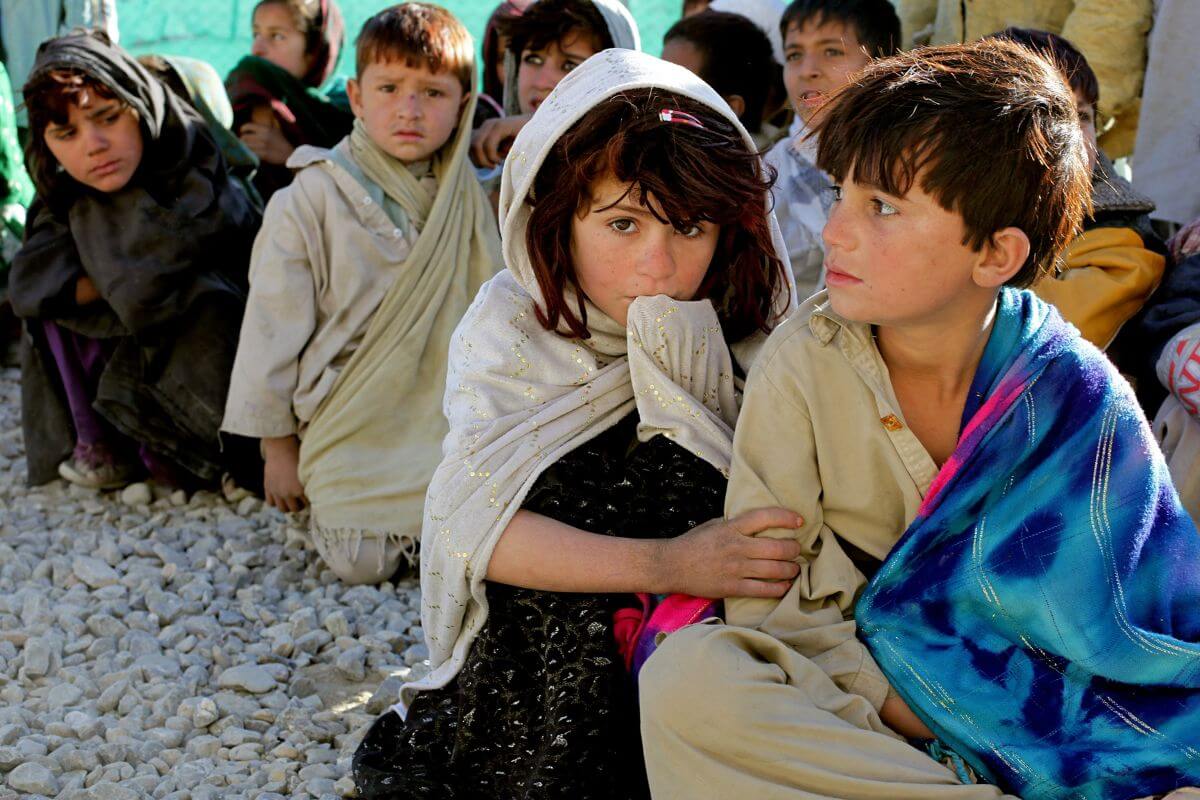
The Pashtun people, who make up the majority of Afghanistan’s native population, speak Pashto, and in this language, Afghanistan goes by the same name.
Naturally, they use a different alphabet, but the pronunciation is more or less the same.
Some of Afghanistan’s other native ethnicities refer to Afghanistan by other names.
The Uzbek population, for instance, refer to the country as Afg’oniston, and thus an Afghan becomes an Afg’on.
The Turkmen of Afghanistan refer to the nation as Owganystan in their own native language.
So, these are not necessarily, strictly speaking, different names for the nation—rather just the word Afghanistan rendered in other languages.
So, again, you simply need to avoid “Afghani” and stick to “Afghan”, unless you are talking about the currency.
Afghanistan is an extremely old nation and people have been living in the region for much longer, and so there is an incredibly strong sense of national identity among its people.
These people are also spread far and wide across the globe outside of Afghanistan, so even if you aren’t visiting the country, you may well still meet one.
More in Demonyms
- What Do You Call Someone From Afghanistan?
- What Do You Call Someone From Algeria?
- What Do You Call Someone From Argentina?
- What Do You Call Someone From Australia?
- What Do You Call Someone From Azerbaijan?
- What Do You Call Someone From Bangladesh?
- What Do You Call Someone From Barbados?
- What Do You Call Someone From Belgium?
- What Do You Call Someone From Botswana?
- What Do You Call Someone From Crete?
- What Do You Call Someone From Denmark?
- What Do You Call Someone From Ecuador?
- What Do You Call Someone From Egypt?
- What Do You Call Someone From El Salvador?
- What Do You Call Someone From Fiji?
- What Do You Call Someone From Finland?
- What Do You Call Someone From France?
- What Do You Call Someone From Ghana?
- What Do You Call Someone From Greece?
- What Do You Call Someone From Greenland?
- What Do You Call Someone From Hong Kong?
- What Do You Call Someone From Iceland?
- What Do You Call Someone From India?
- What Do You Call Someone From Ireland?
- What Do You Call Someone From Israel?
- What Do You Call Someone From Japan?
- What Do You Call Someone From Jersey?
- What Do You Call Someone From Jerusalem?
- What Do You Call Someone From Jordan?
- What Do You Call Someone From Kazakhstan?
- What Do You Call Someone From Laos?
- What Do You Call Someone From Malta?
- What Do You Call Someone From Myanmar?
- What Do You Call Someone From Niger?
- What Do You Call Someone From Pakistan?
- What Do You Call Someone From Panama?
- What Do You Call Someone From Peru?
- What Do You Call Someone From Rwanda?
- What Do You Call Someone From Singapore?
- What Do You Call Someone From Sri Lanka?
- What Do You Call Someone From Sweden?
- What Do You Call Someone From Switzerland?
- What Do You Call Someone From Thailand?
- What Do You Call Someone From The Isle of Wight?
- What Do You Call Someone From The Ivory Coast?
- What Do You Call Someone From The Netherlands?
- What Do You Call Someone From Uzbekistan?
- What Do You Call Someone From Vatican City?
- What Do You Call Someone From Wales?
- What Do You Call Someone From Zimbabwe?

